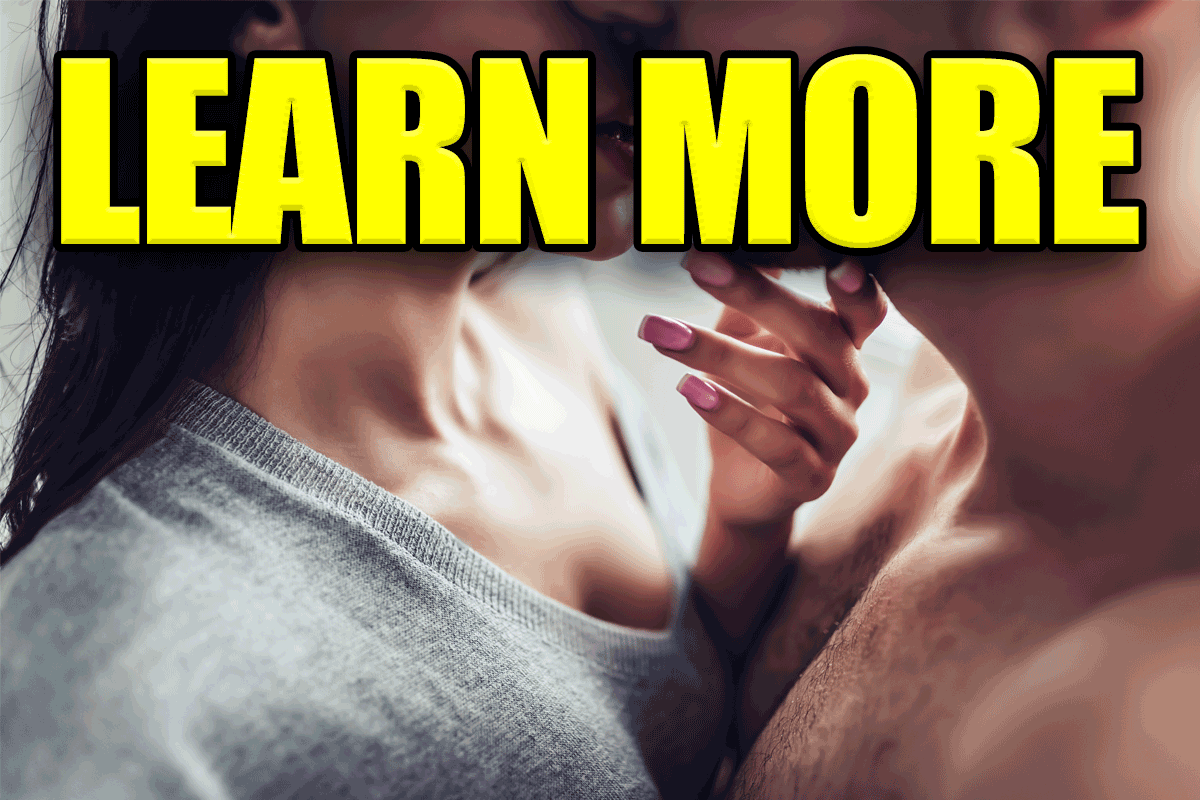Cooperation
Co-evolution is a pretty interesting concept.
It is kind of hard to wrap your brain though.
Particularly because we use metaphors to describe complex things.
For example, consider bees and flowers.
To famously co-evolving people.
The bees get “free” food from the flowers.
The flowers get a “free” pollination service from the flowers.
They both benefit from the “exchange.”
Of course, flowers and bees don’t think.
They just do what their DNA tells them to do.
How does this work?
Max Replication
Imagine once upon a time there were all kinds of bees and all kinds of flowers.
And the ones that replicated the most were the bees and the flowers who had an ACCIDENTALLY evolved relationship where they helped each other out.
Humans and dogs are the same.
Once upon a time there were only wolves.
Wolves don’t like humans, humans don’t like wolves.
But some wolves were too lazy to go hunting, and not so afraid of humans.
And they could bark pretty loudly.
So these wolves got free food.
From human leftovers.
And they protected their source of food by barking and keeping away strangers.
Free Food Wolves
Those lazy lucky wolves made a ton of copies of themselves.
Helped along by humans who liked these new animals very much.
This is one hallmark of a very advanced society.
Of being able to take wild animals and “domesticate” them.
This sounds a bit misleading.
It sounds like they are taking ONE wild animal and domesticating that SAME animal.
Not true.
They find a group of wild animals and find the most PASSIVE and TRAINABLE among that group.
Animal Training
Then they breed that passive and trainable animals.
Them from among that animal’s kids, the breed only the most passive and most trainable.
So over time, subsequent generations become more passive and more trainable.
But the outcome is the same.
Both people get a good deal.
The people get animal helpers.
The animals get a safe place to live, protection from predators, and never ending stream of food.
What the heck does all of this mean?
Mutual Benefit
We humans do the same thing with other humans.
Create relationships where we BOTH benefit.
This is exactly how Adam Smith described economics.
The breadmaker benefits from making and selling bread.
The customer benefits by buying and eating bread.
This can also be applied to relationships.
Make others feel good.
And they will feel an ancient desire to reciprocate that good feeling.
Easy peasy.
Learn How:
Deep Connections
Learn Hypnosis

Mind Persuasion has plenty of books and courses to teach you how to speak hypnotically and persuasively.
Live Training
Full Courses
$9 Courses
Mind Persuasion Books
$5 Subliminal Programs